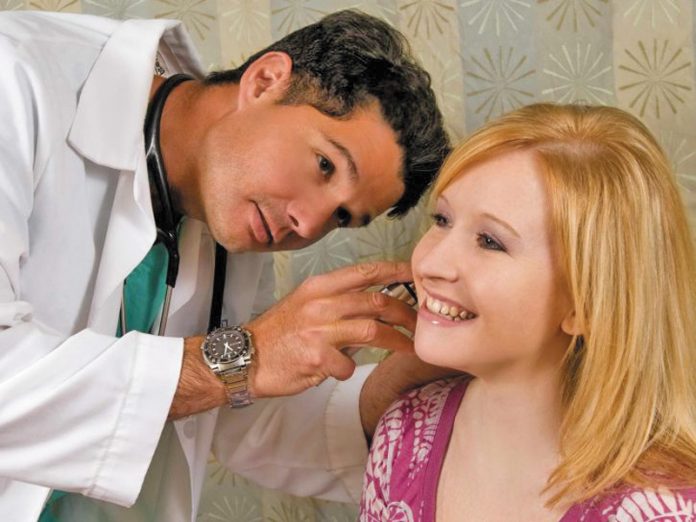Hearing loss is one of the fastest growing chronic conditions facing Canadians and affects all age groups.
The 2013 Stats Canada numbers show 7% of people aged 19 to 39, 16% of people aged 40 to 59 and 47% of people aged 60 to 79 experience some form of hearing loss.Hearing loss can be sudden or gradual and sometimes we may not even know we are experiencing hearing loss. There are many causes ranging from excess noise, illness, aging, genetic factors and pharmaceuticals.
Some signs of hearing loss include:
- Difficulty with conversations in noisy environments
- Being able to hear people’s voices but not understand the words spoken
- Needing the TV louder than the rest of your family
- Trouble hearing from a distance or another room
- Trouble understanding women’s and children’s voices
- Experiencing dizziness, pain, ringing or buzzing in the ears – even if it goes away
If you are experiencing any or some of these symptoms, it is important to discuss this with your doctor to see if you need a hearing test.
On average, it can take up to 7 years for someone to acknowledge and act on hearing loss. There are many factors which impact why a person may or may not acknowledge this. It could be lack of awareness, feelings of embarrassment, shame or denial.
The latest research suggests that the longer hearing loss goes unmanaged, the harder it is to learn to manage the change.
An important factor is the change that happens in our brains. Brains are relatively ‘plastic’ and as our hearing decreases, important brain functions don’t get exercised and we lose them. Use or lose it. The good news is we can retrain our brains.
Also, those with untreated hearing loss are more likely to report depression or anxiety and are less likely to participate in organized social activities. However, hearing loss does not need to mean living less. There are supports out there.
Mentoring programs are one type of support that can alleviate the social impact of hearing loss. People with shared experiences are matched together and work on building skills and strategies to help manage day to day challenges. This is commonly known as mentoring. Programs like these have impact as it has been shown that participants experience significant improvement of quality of life. No one has to go it alone.
Peer-to-Hear at Deaf & Hear Alberta provides this support. Our program matches adults dealing with hearing loss with someone who has walked a similar path and now wants to offer support. Learning to manage hearing loss can be a challenging journey. Sometimes all it takes is some friendly support from someone who understands and has had similar experiences. Hearing loss does not need be a barrier to fully participating in one’s community.










